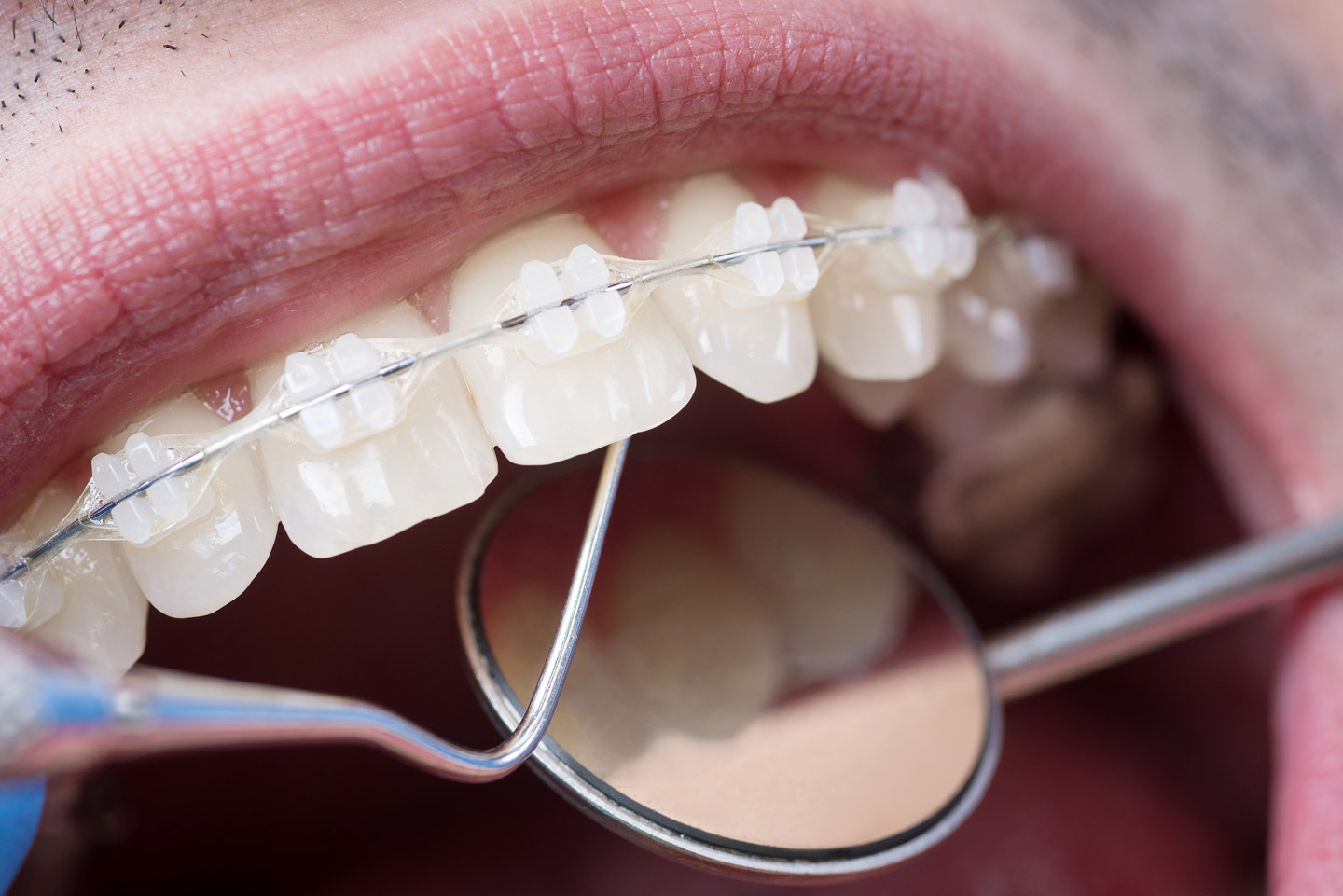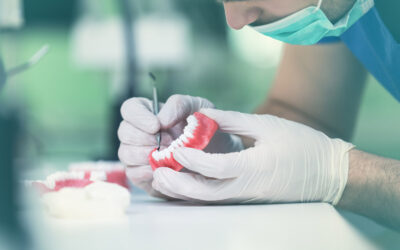What to Expect Once You Have Braces

Initial Discomfort and Adjustments
Soreness and Sensitivity
One of the first things you’ll notice after getting braces is soreness in your teeth and gums. This discomfort typically lasts for a few days to a week as your teeth begin to adjust to the pressure exerted by the braces. You may also feel slight irritation on the inside of your lips and cheeks due to the brackets and wires.
How to Alleviate Pain
- Take over-the-counter pain relievers like ibuprofen or acetaminophen if needed.
- Use orthodontic wax to cover brackets that irritate your cheeks or lips.
- Eat soft foods such as yogurt, mashed potatoes, and soups to avoid unnecessary pressure on your teeth.
- Rinse your mouth with warm salt water to soothe any soreness.
Eating With Braces
Foods to Avoid
Braces can be fragile, and certain foods can damage the brackets and wires. To prevent breakage, avoid:
- Sticky foods (caramel, gum, taffy)
- Hard foods (nuts, popcorn, hard candies)
- Crunchy foods (chips, raw carrots, apples – unless cut into small pieces)
- Chewy foods (bagels, tough meats)
Braces-Friendly Foods
In the first few days, sticking to softer foods can be helpful. Some safe options include:
- Scrambled eggs
- Smoothies
- Cooked vegetables
- Pasta and rice
- Soft fruits like bananas and berries
Oral Hygiene Routine
Braces require extra care when it comes to oral hygiene. Food particles can easily get stuck in the brackets and wires, leading to plaque buildup and potential cavities.
Brushing and Flossing Tips
- Brush after every meal using a soft-bristled toothbrush and fluoride toothpaste.
- Use an interdental brush or an orthodontic toothbrush to clean around brackets and wires.
- Floss daily using floss threaders or orthodontic floss picks.
- Consider using a water flosser to reach difficult areas more easily.
- Use fluoride mouthwash to strengthen your enamel and prevent cavities.
Regular Orthodontic Appointments
Your orthodontist will schedule periodic adjustment appointments, typically every 4 to 6 weeks. During these visits:
- Your braces will be tightened to continue the gradual movement of your teeth.
- You may experience some soreness for a few days after each adjustment.
- Broken brackets or wires will be repaired if needed.
Speech and Talking Adjustments
Initially, you may notice slight changes in your speech, such as a mild lisp, as your mouth adjusts to the new hardware. With practice and time, speaking will return to normal.
Dealing With Emergencies
Sometimes, braces-related issues can arise, such as:
- Loose or broken brackets – Contact your orthodontist for repairs.
- Poking wires – Use orthodontic wax to cover the sharp end or carefully push it back with the eraser end of a pencil.
- Severe pain or ulcers – Rinse with warm salt water and use pain relief gels if necessary.
The Psychological Adjustment
Braces can be a confidence booster in the long run, but some people feel self-conscious at first. Remember:
- It’s normal to feel a little awkward in the beginning.
- Most people don’t pay as much attention to your braces as you think.
- Focus on the end result – a beautiful, straight smile!
The Road to a Beautiful Smile
Braces take time, typically 12-24 months or longer, depending on your treatment plan. Being patient and following your orthodontist’s instructions will ensure the best results. Once your braces come off, you’ll need to wear a retainer to maintain your new smile.
Final Thoughts
Getting braces is a journey that requires dedication and patience. The initial discomfort, dietary changes, and adjustments are all temporary. In the end, the effort will be well worth it when you achieve a healthy, confident smile!
If you have any concerns or questions about your braces, always consult your orthodontist for professional guidance.



